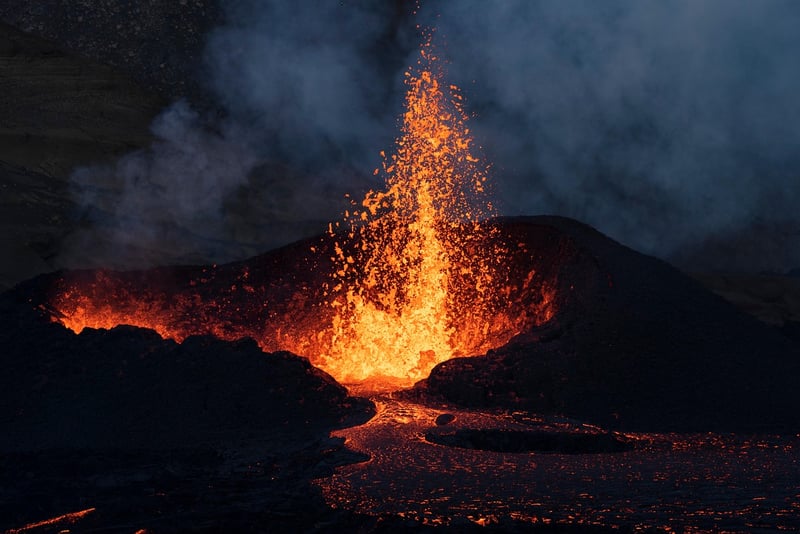Outdoor Hazards
Stay Safe on Adventures: Outdoor Hazards to Look Out For
Embarking on outdoor adventures can be thrilling and rewarding, but it's essential to stay safe and aware of potential hazards. Whether you're hiking in the mountains, camping in the woods, or exploring new trails, understanding outdoor hazards can help you enjoy your adventures responsibly. Here are some common outdoor hazards to look out for:
1. Weather Conditions
Weather can change rapidly in outdoor environments. Be prepared for sudden changes in temperature, rain, snow, or strong winds. Check the weather forecast before heading out and pack appropriate clothing and gear.
2. Wildlife Encounters
While wildlife encounters can be a highlight of outdoor adventures, it's essential to respect animals' space. Be aware of the wildlife in the area you're visiting, store food properly, and follow guidelines for encounters with bears, snakes, or other potentially dangerous animals.
3. Terrain Challenges
Uneven terrain, steep slopes, rocky paths, and slippery surfaces can present challenges during outdoor activities. Wear appropriate footwear, stay on designated trails, and use trekking poles or hiking sticks for stability.
4. Water Safety
When near water bodies such as rivers, lakes, or oceans, be cautious of currents, tides, and underwater hazards. Always wear a life jacket when engaging in water activities and supervise children closely.
5. Navigation Issues
Getting lost or disoriented in unfamiliar terrain can be dangerous. Carry a map and compass, use GPS devices or smartphone apps for navigation, and inform someone about your planned route and expected return time.
6. Sun Exposure
Exposure to the sun's harmful UV rays can lead to sunburn, heat exhaustion, or heatstroke. Wear sunscreen, a hat, and sunglasses, seek shade during peak sun hours, and stay hydrated to prevent dehydration.
7. First Aid and Emergency Preparedness
Carry a first aid kit with essentials like bandages, antiseptic wipes, pain relievers, and any necessary medications. Know basic first aid procedures and how to signal for help in case of emergencies.
By staying informed about outdoor hazards and taking necessary precautions, you can enjoy your adventures safely and responsibly. Remember to leave no trace, respect nature, and always prioritize your safety and well-being.

For more outdoor safety tips and resources, visit National Park Service - Hiking Safety.
